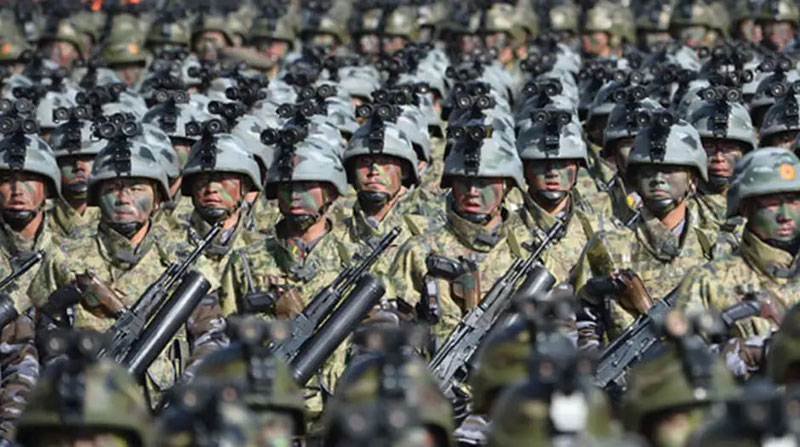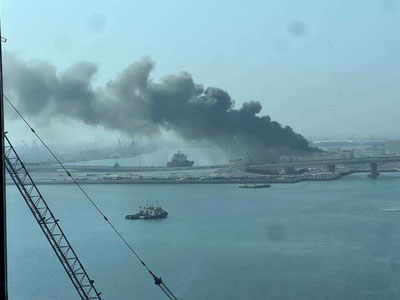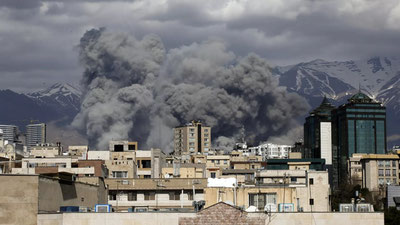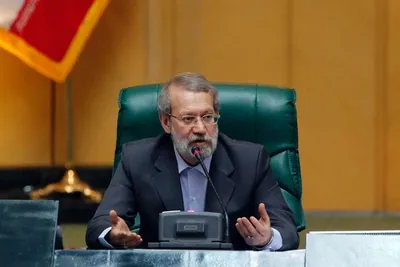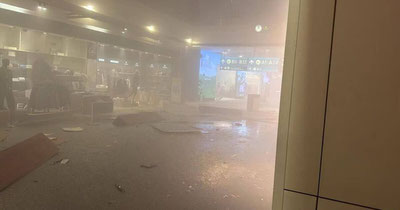North Korea has sent about 15,000 workers to Russia. This was reported by The Wall Street Journal, citing South Korean intelligence.
This violates the sanctions imposed by the UN Security Council with the aim of limiting the financing of Pyongyang's nuclear and ballistic programs. These sanctions prohibit North Korean citizens from working abroad.
Many North Korean migrants have come to Russia on student visas. By 2024, their numbers had increased twelvefold compared to the previous year. That year, approximately 8,600 student visas were issued to DPRK citizens. A year earlier, the Russian Ministry of Education reported that 130 citizens of this country had studied in the country's higher education institutions.
Currently, migrants from North Korea are mainly working in the Far East region of Russia. However, they may soon be attracted to major cities, including Moscow. DPRK workers are needed to fill the labor shortage in Russia due to the war in Ukraine.
The sharp increase in workers coming from the DPRK may not fully cover this shortage, but it can help. Russian employers value North Korean workers for being ready to work 12 hours a day without complaint for low wages, the report says.
Before the UN sanctions came into effect in 2019, Pyongyang had sent tens of thousands of workers to Russia. They mostly worked in the construction and forestry sectors. According to those who fled North Korea, the government took approximately 90 percent of the workers' salaries. They were left with only $100–200 per month.
Nevertheless, this amount is considered large in a country where the population earns a few dollars. By the end of 2019, when the UN sanctions were implemented, there were about 30,000 North Korean workers in Russia.
️Andrey Orlov, the head of a construction company in Moscow, has hired workers through North Korean intermediaries and recently reached an agreement to accept more. He is expecting 50 workers soon, and more than 300 by summer. According to a UN report, North Koreans are working in about 120 companies in Russia.
